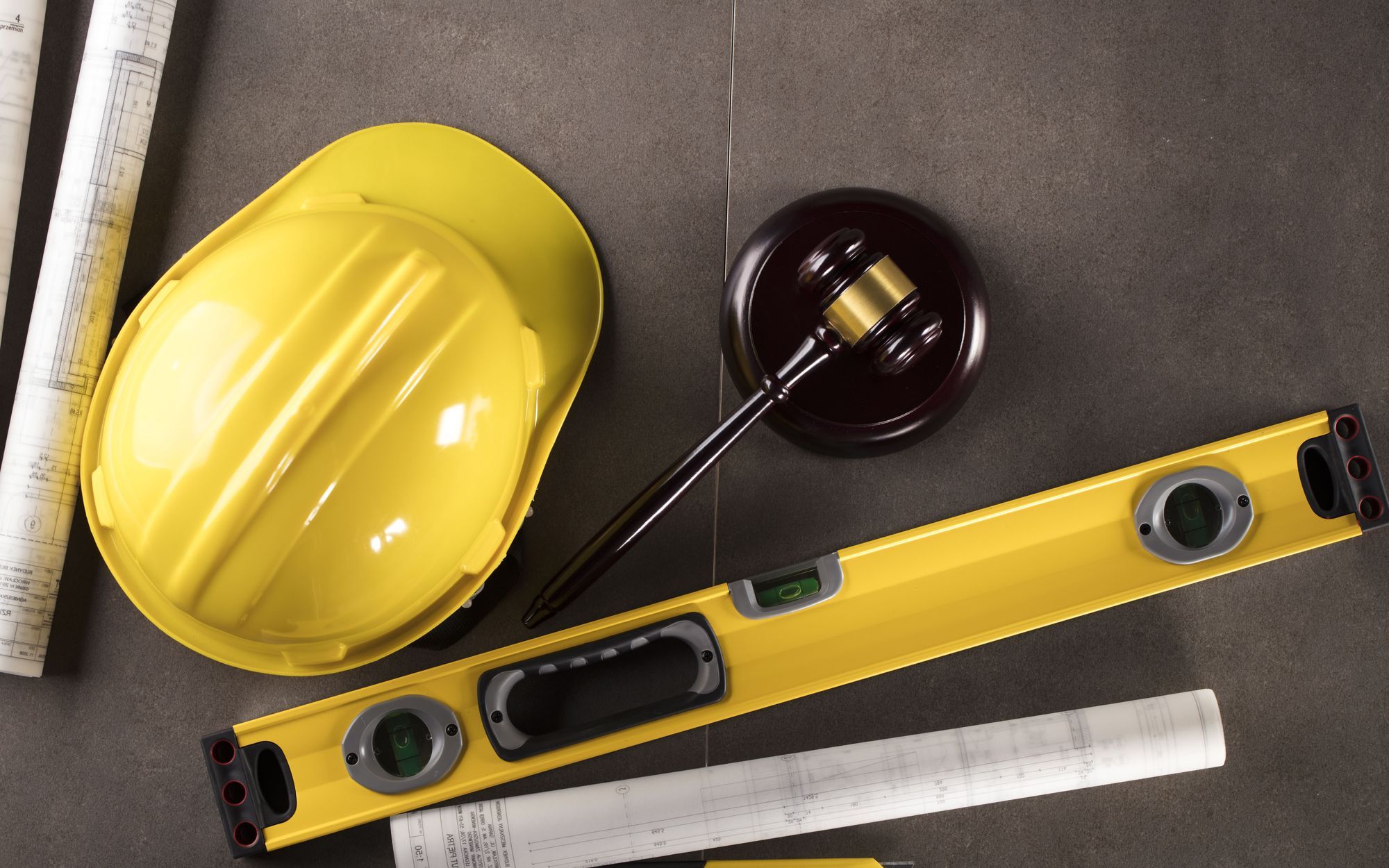Claims are inevitable in the construction industry. They can take on a life of their own and come with the burden of legal fees, wasted executive time and a possible judgment. Too often the only winners are the lawyers.
Tips for Protecting Management and the Business Before a Claim is Filed
- Respect the business entity’s corporate structure. First and most importantly, respect the business entity’s corporate form. Legal entities have certain formalities like filing an annual list of officers, maintaining separate bank accounts, conducting certain meetings and following bylaws, etc. Respect these formalities. Failure to follow them exposes the owner to personal liability for company debts. And while a business claim has the potential to wipe out a business, owners should not risk having their personal assets on the line as well.
- Get a good contract. In most instances, a contract governs what happens and who is responsible for payment associated when a certain issue or dispute arises. A clear, well-written contract can often avoid a dispute or liability for a dispute. Actively participate in the contract negotiation and drafting process to make sure each party’s role and responsibilities are clearly accounted for.
- Make friends with clients. While it is true that “business is business,” people are often fairer and more willing to work towards a solution for people they are friends with. In most cases, friends will help friends in ways that people would not help mere business associates. When encountering a problem on a job, a friend may be willing to help achieve a more favorable outcome.
- Stay calm and think clearly. Remember that settling a potential claim is a business decision. Claims often start small and escalate to the highest levels of the company, often deteriorating an otherwise profitable business relationship and hurting the business’ bottom line. It is also common for claims to get personal and for the parties to get emotional. It is not uncommon for emotional parties to not think clearly and make emotional (read as: expensive) decisions to “hurt” or “punish” the other party. So keep egos in check and always seek to make rational business decisions.
- Stay involved in the project and the pre-claim process. When management is more involved in the project, claims are more likely to be identified early. The earlier claims are spotted, the faster and often more efficiently they can be addressed. Addressing claims can often help minimize the impact of the claim because management can assume greater control the decision-making process and actively participate in how the dispute is playing out. That should help shrink the claim.
- Save and collect information. Establish a system to save all project documents in a uniform and consistent manner. Having access to this information before claim is filed will help internally evaluate the defense to any claim. An early valuation can help resolve the claim before a lawsuit is even filed.
- Stay up to date on current practice or procedure. When evaluating another party’s claim, it will be important to determine whether the party has followed the correct procedures to submit a claim. If they have not, the value of their claim may be less or their whole claim may even be prohibited. Help protect business assets by learning techniques to correctly evaluate the substance and value of another party’s claim.
- Mediate. The act of preparing for and participating in a mediation can provide huge value. It forces each party to either find support for its claim or shore up its defenses before a lawsuit is even initiated. In short, it forces each side to consider if each of its positions are justified. This process usually includes a full accounting of the claim or defense, which ensures it is accurate and supported from the outset of the dispute resolution process. Unfortunately, in litigation, it is not uncommon for parties to prepare the support for their claim years into the process and then realize a portion of their claim is inflated, which made settling their claim more difficult and expensive than it needed to be. So preparing early and thoroughly can help in presenting the most accurate and supported claim from the beginning, which usually encourages a more efficient dispute resolution process.







